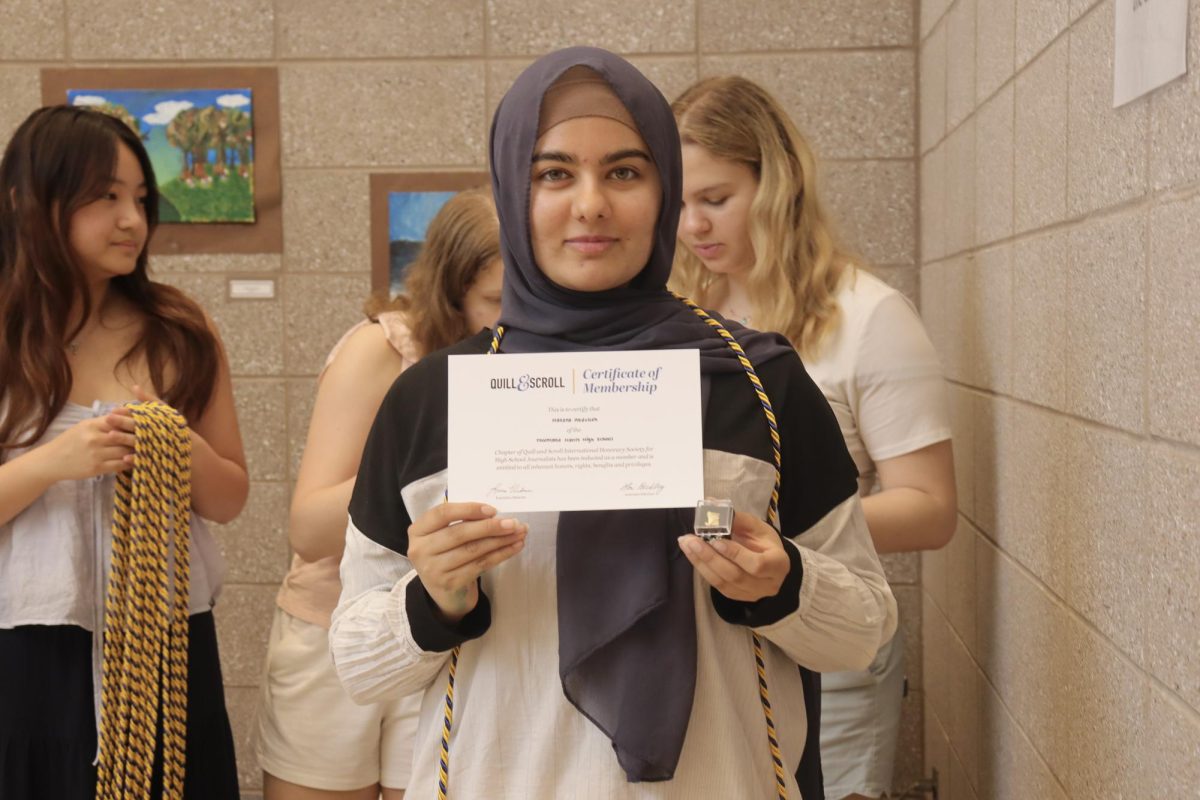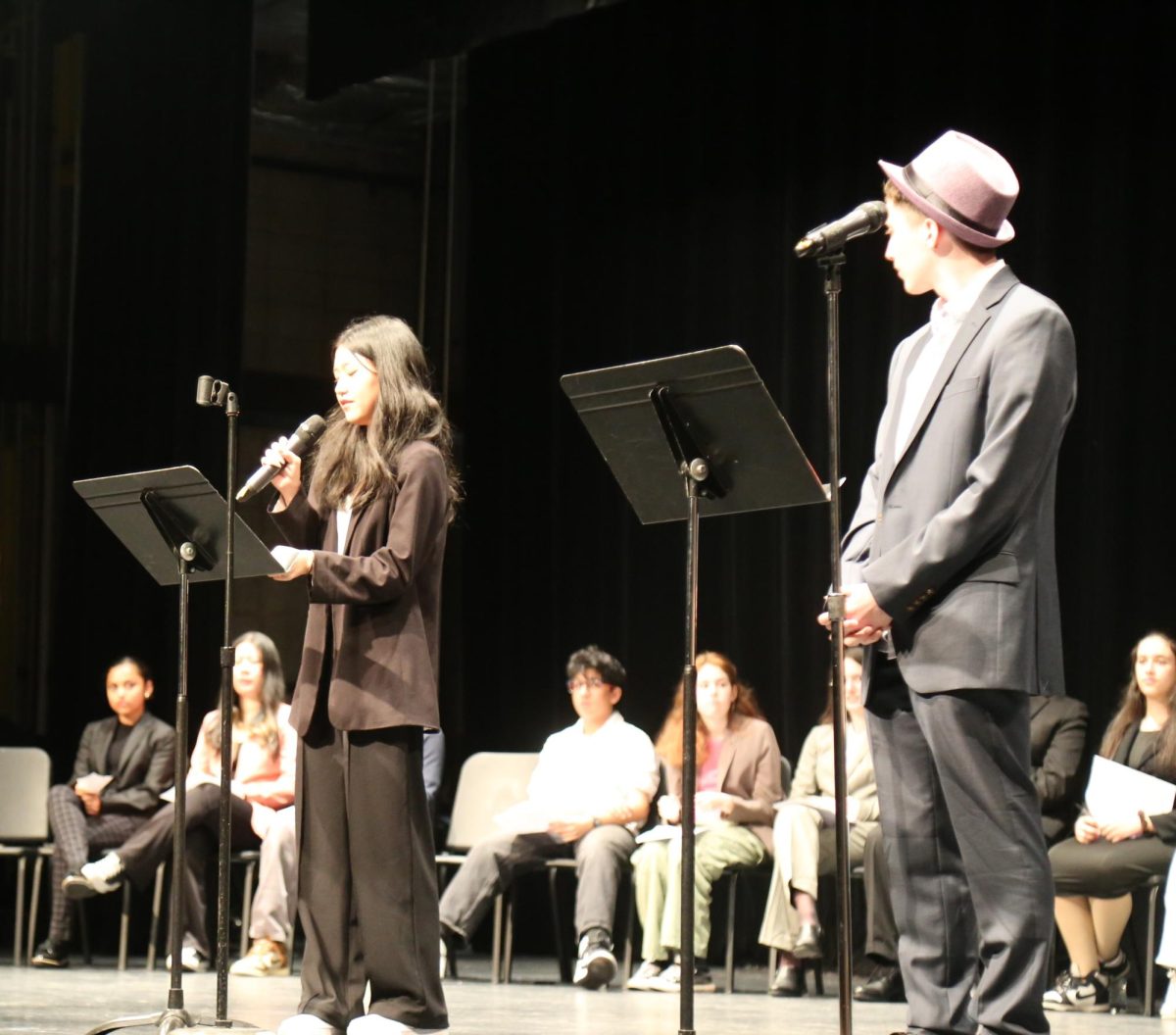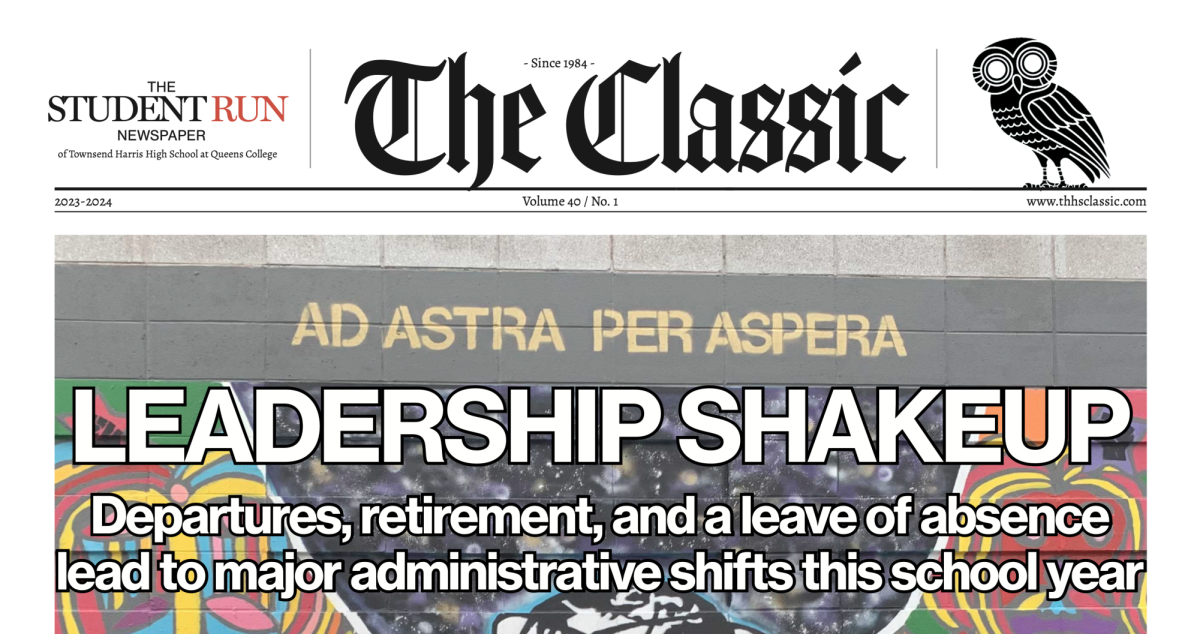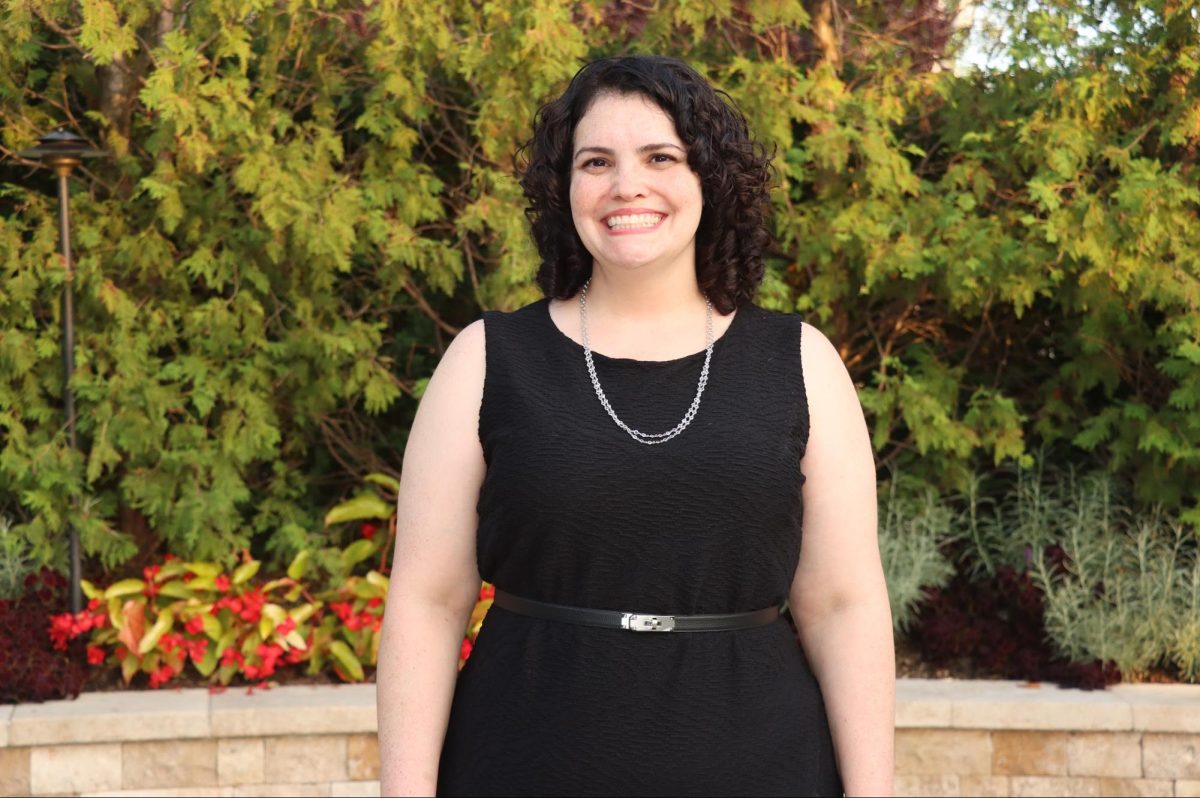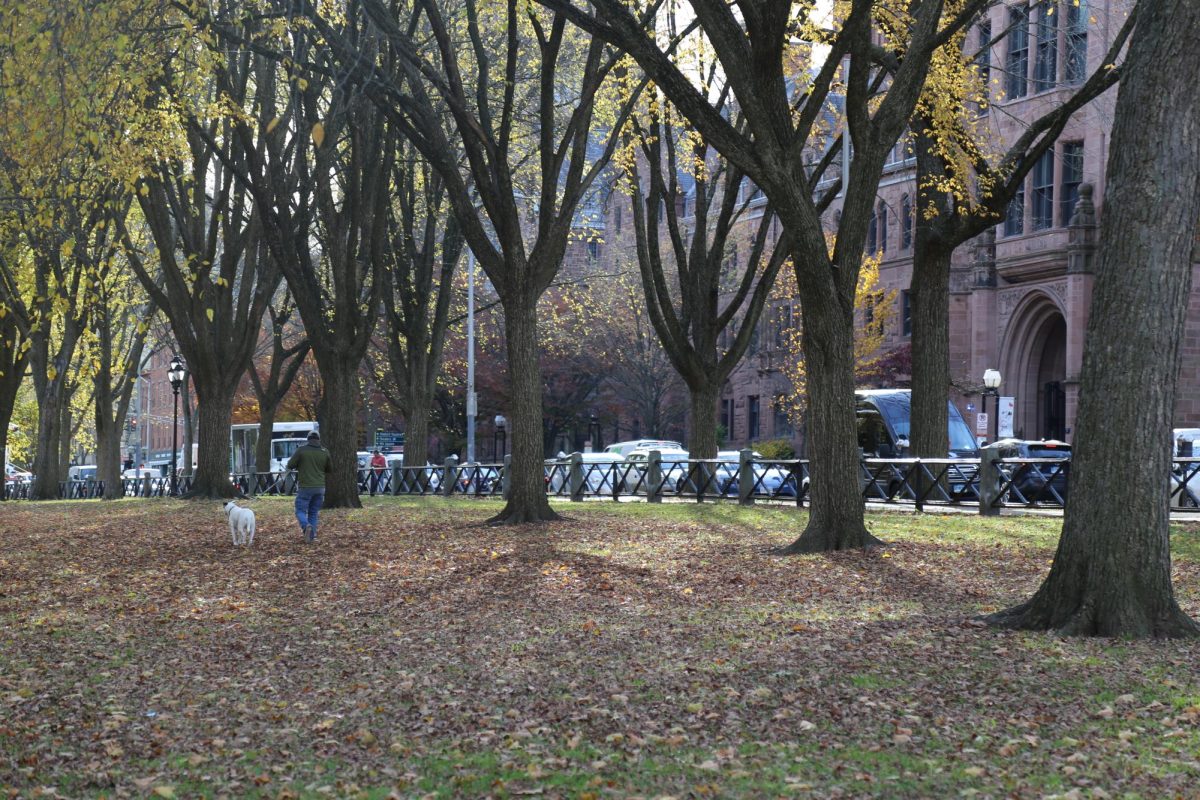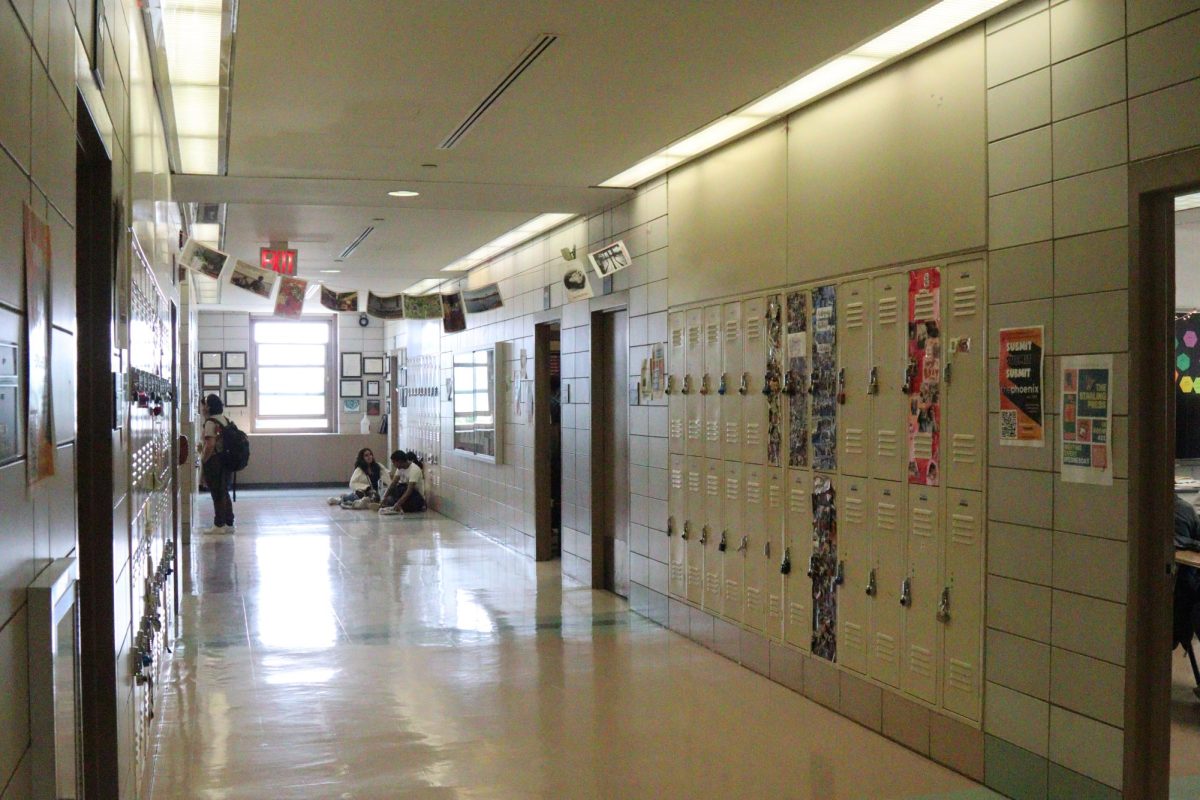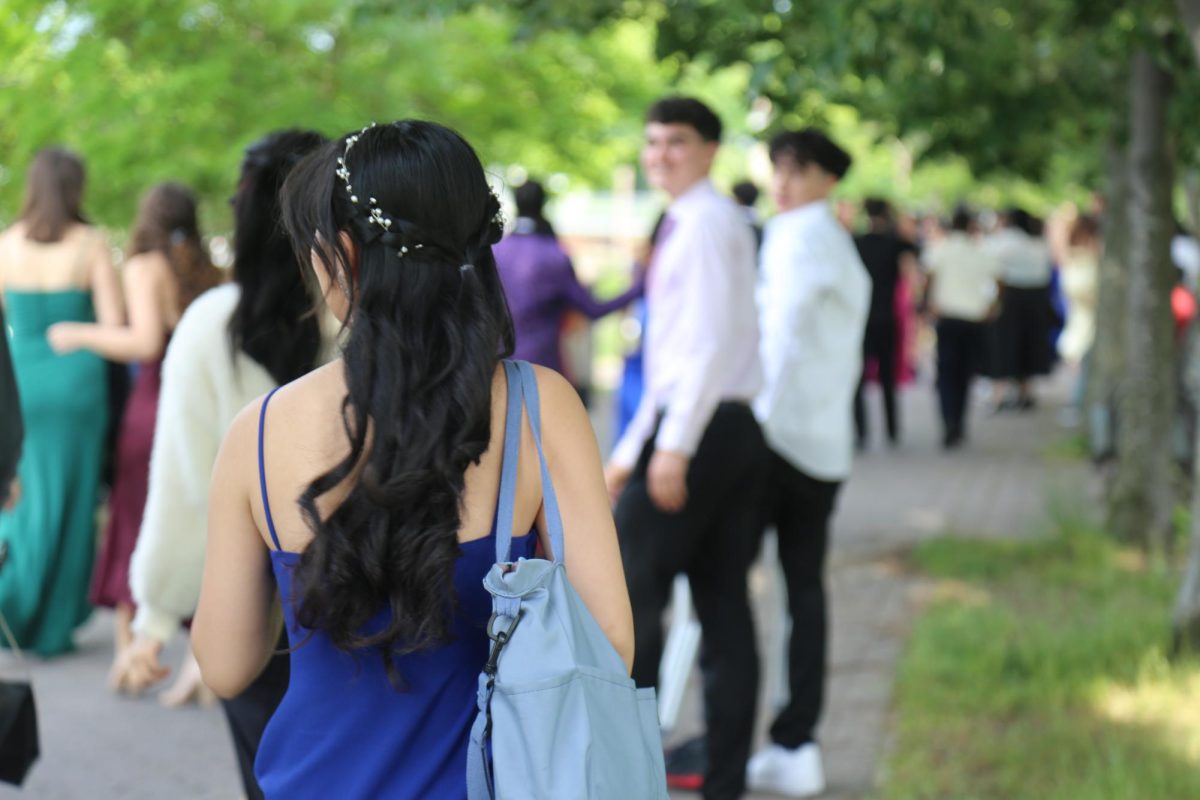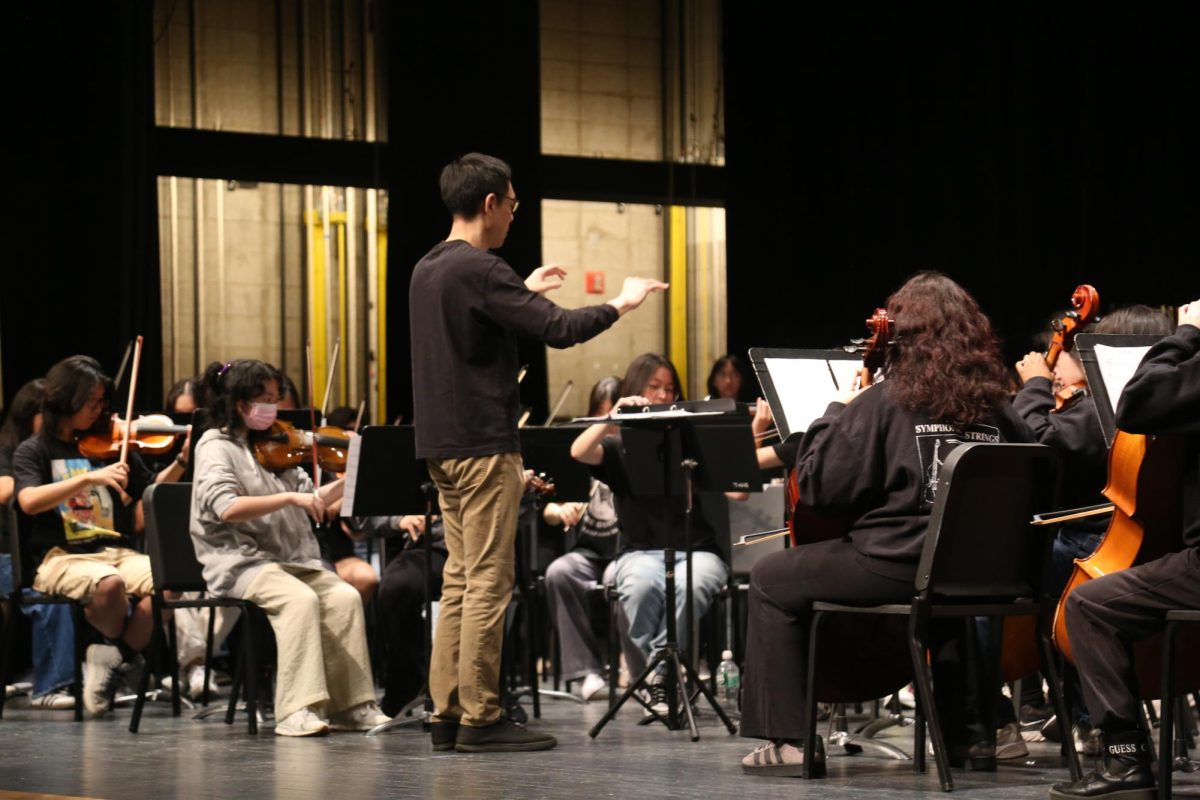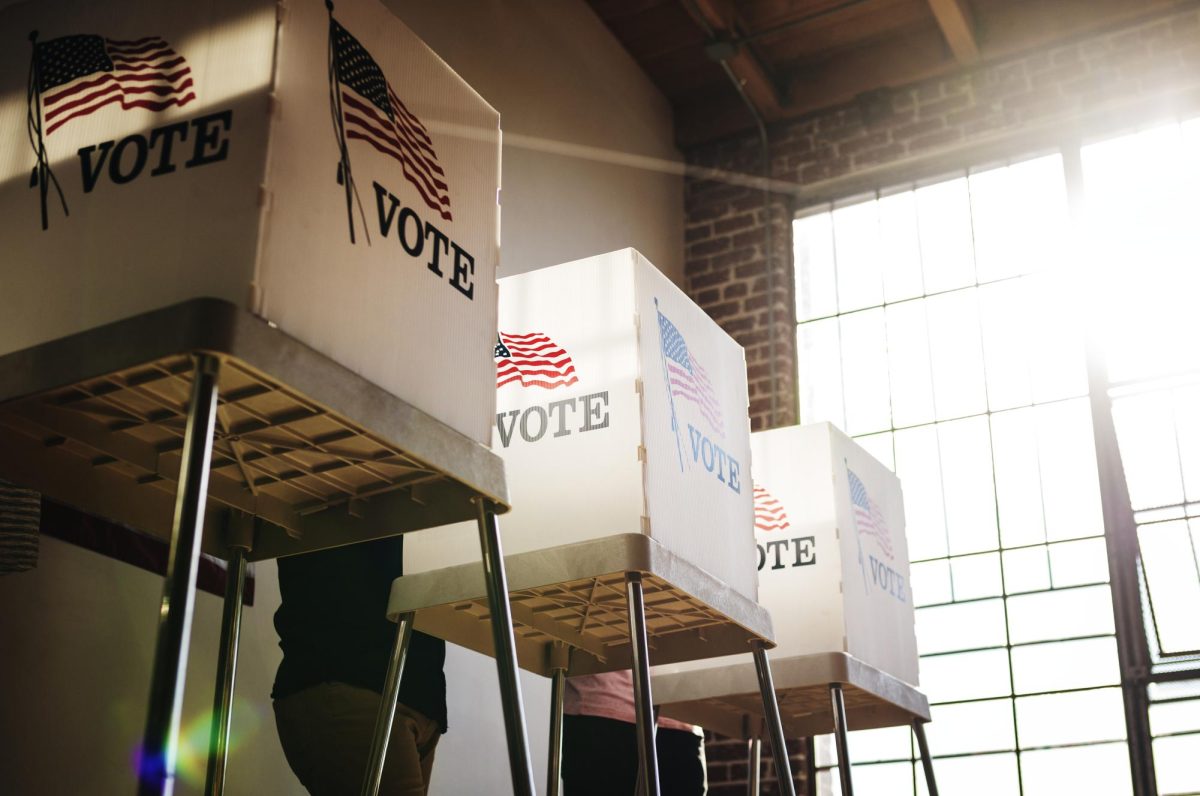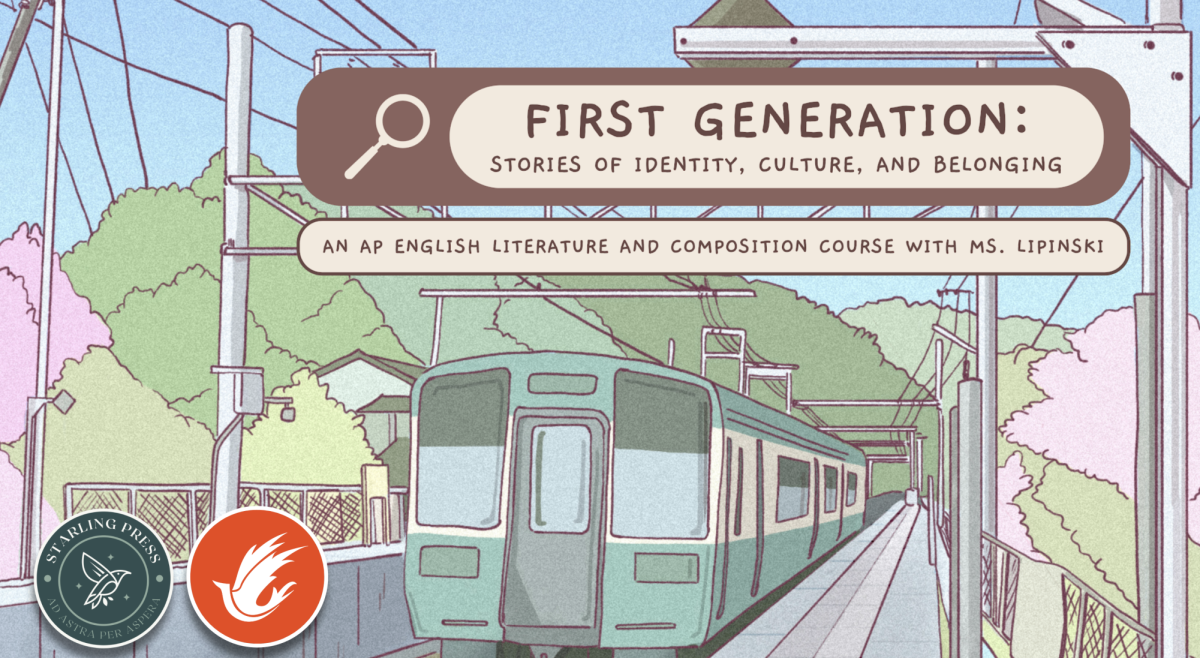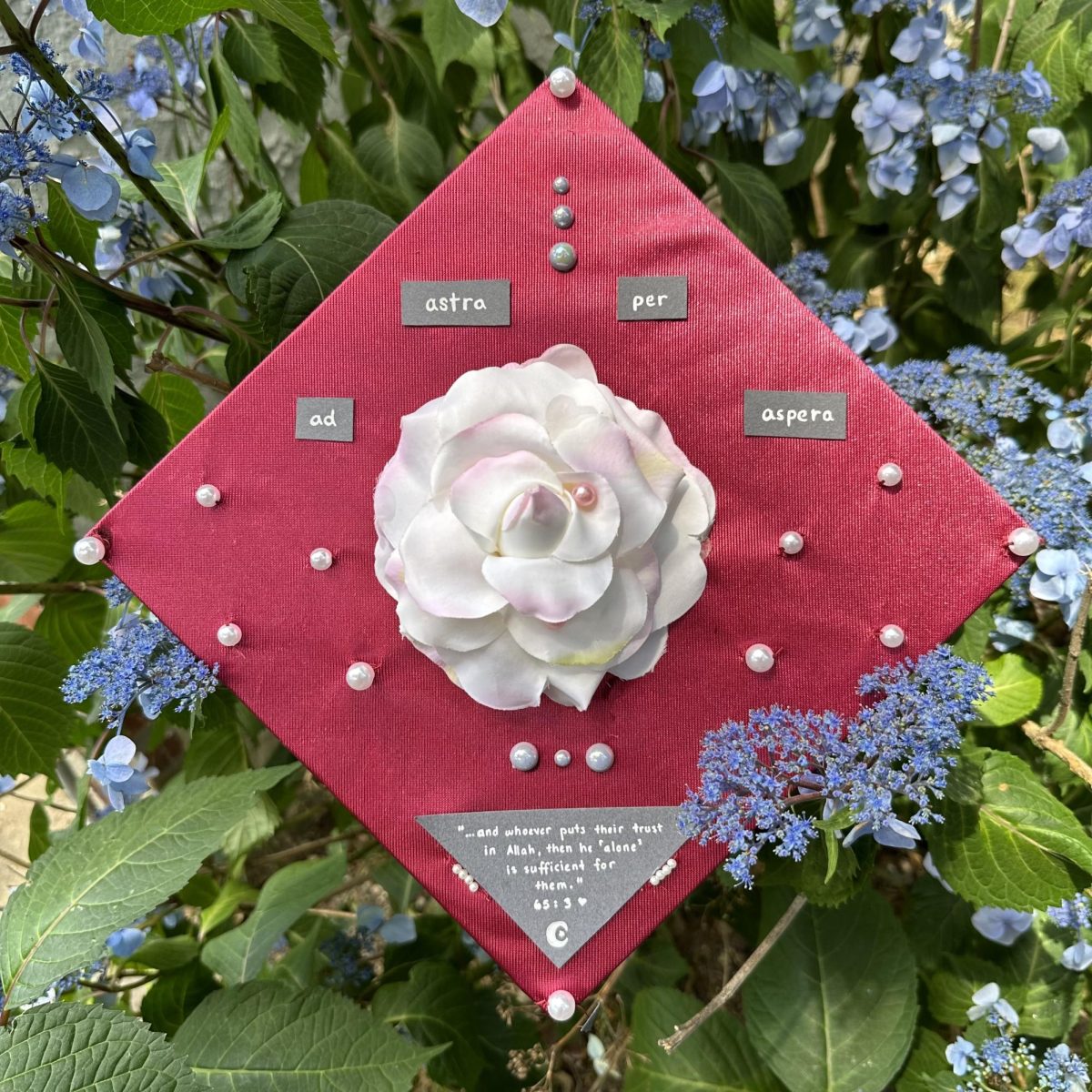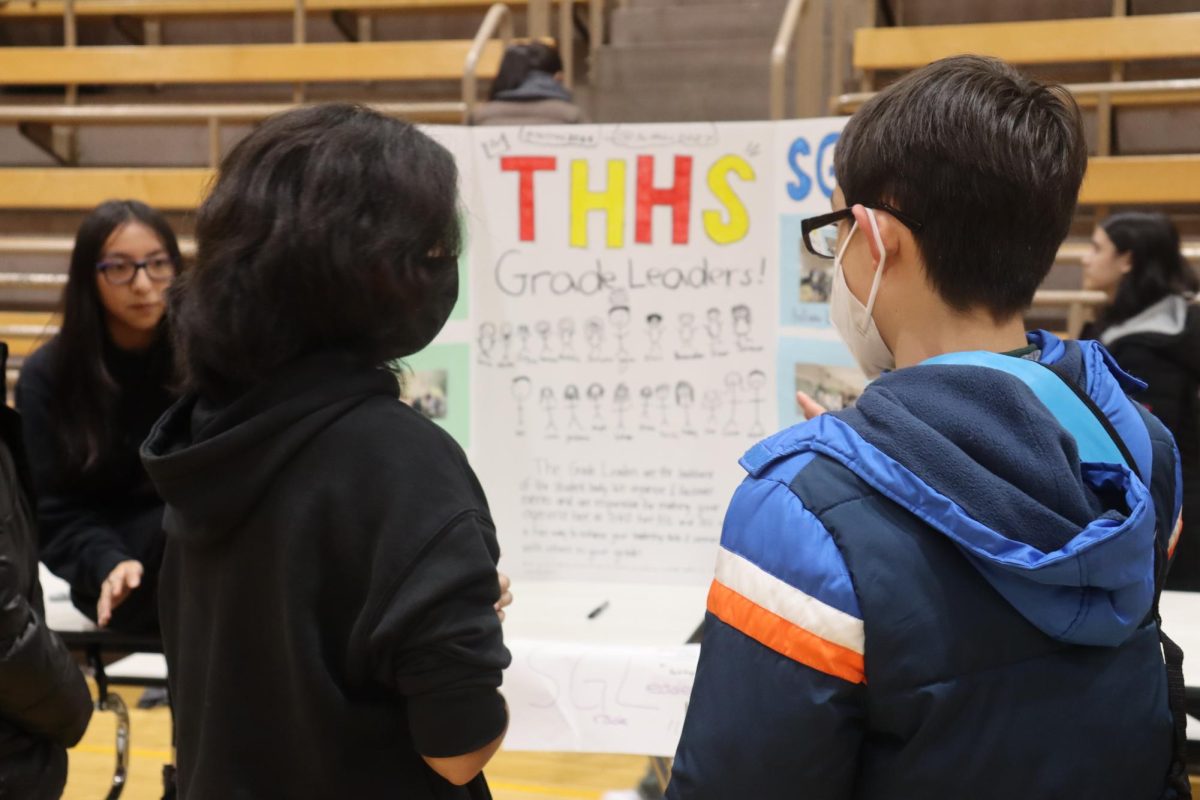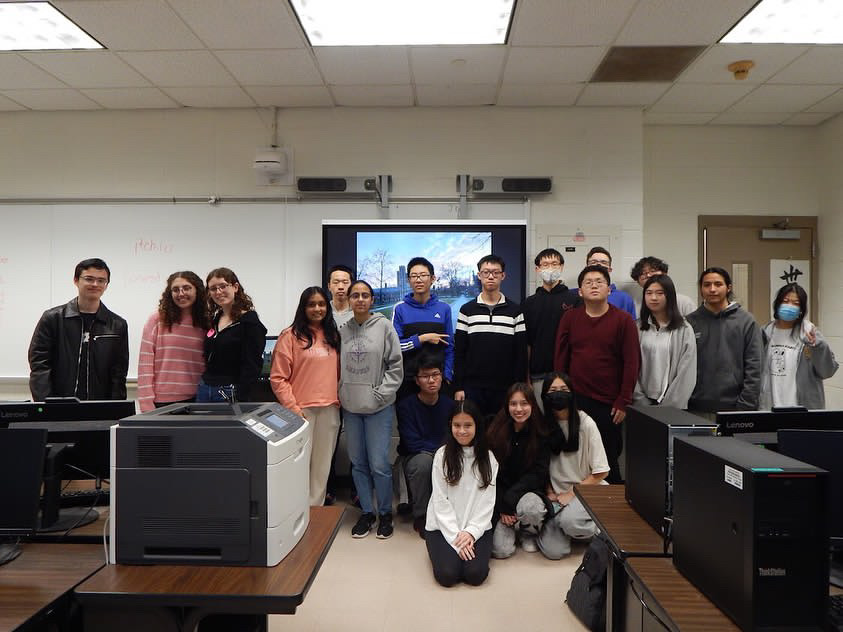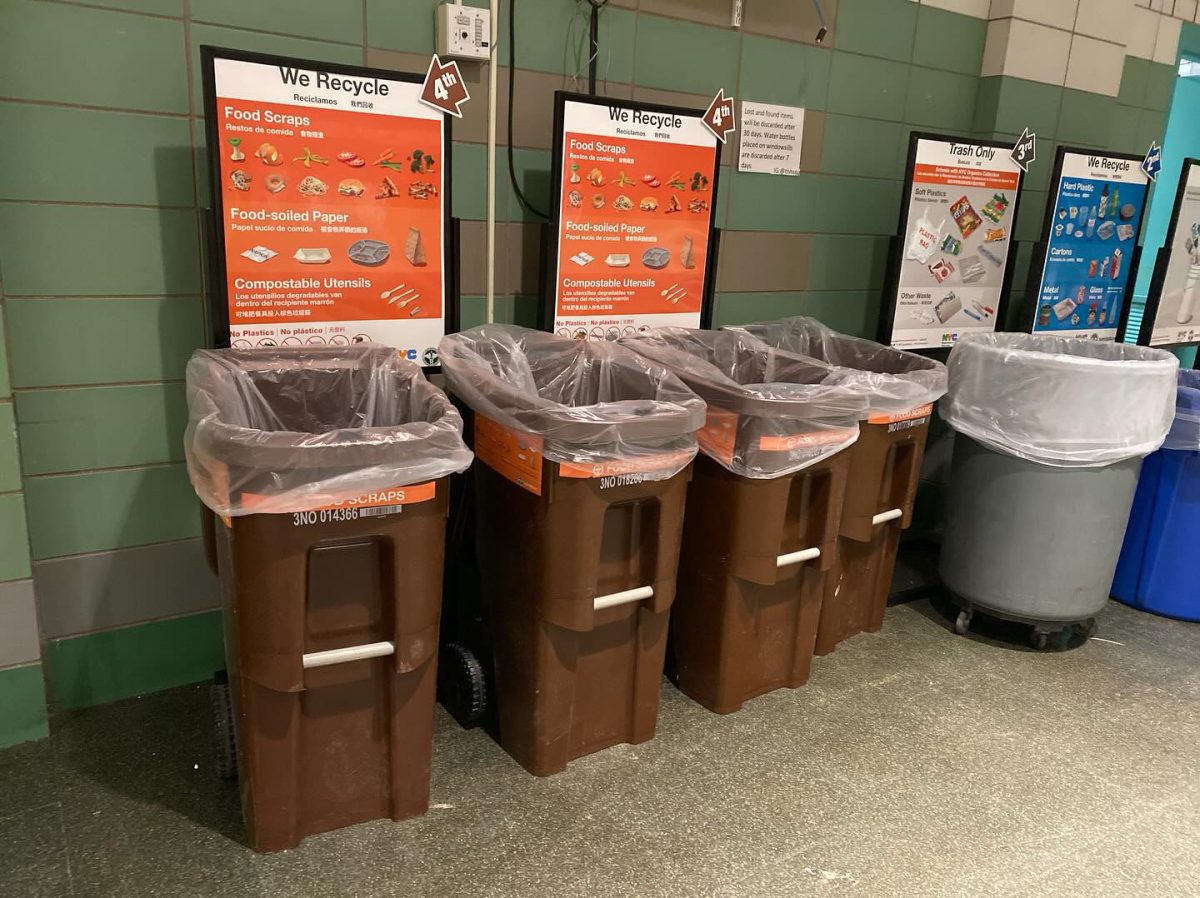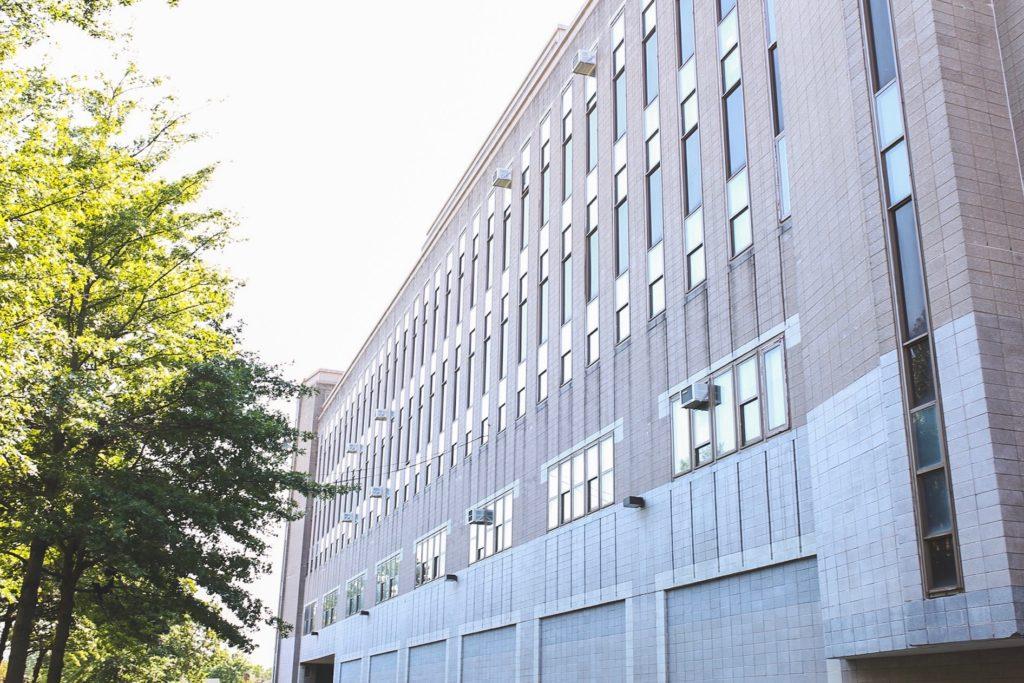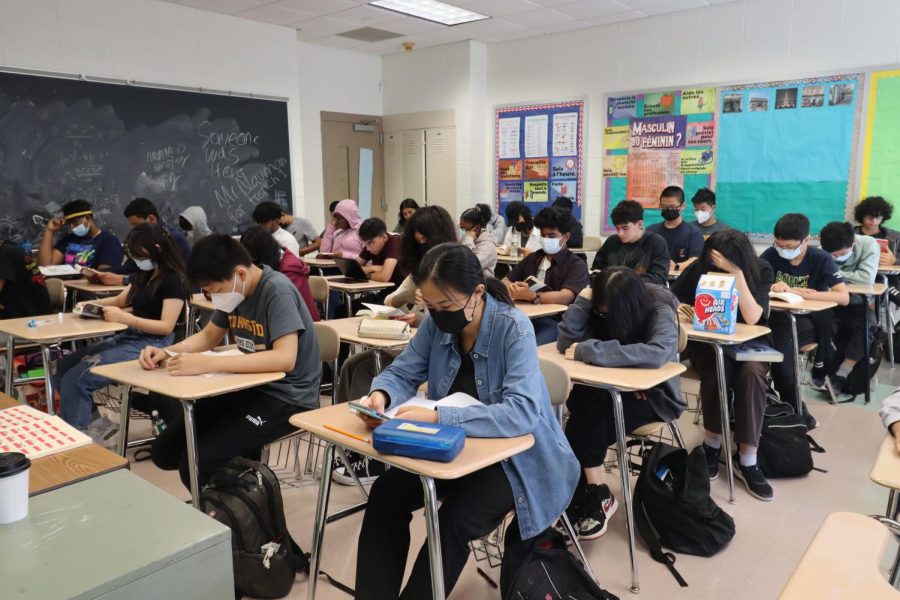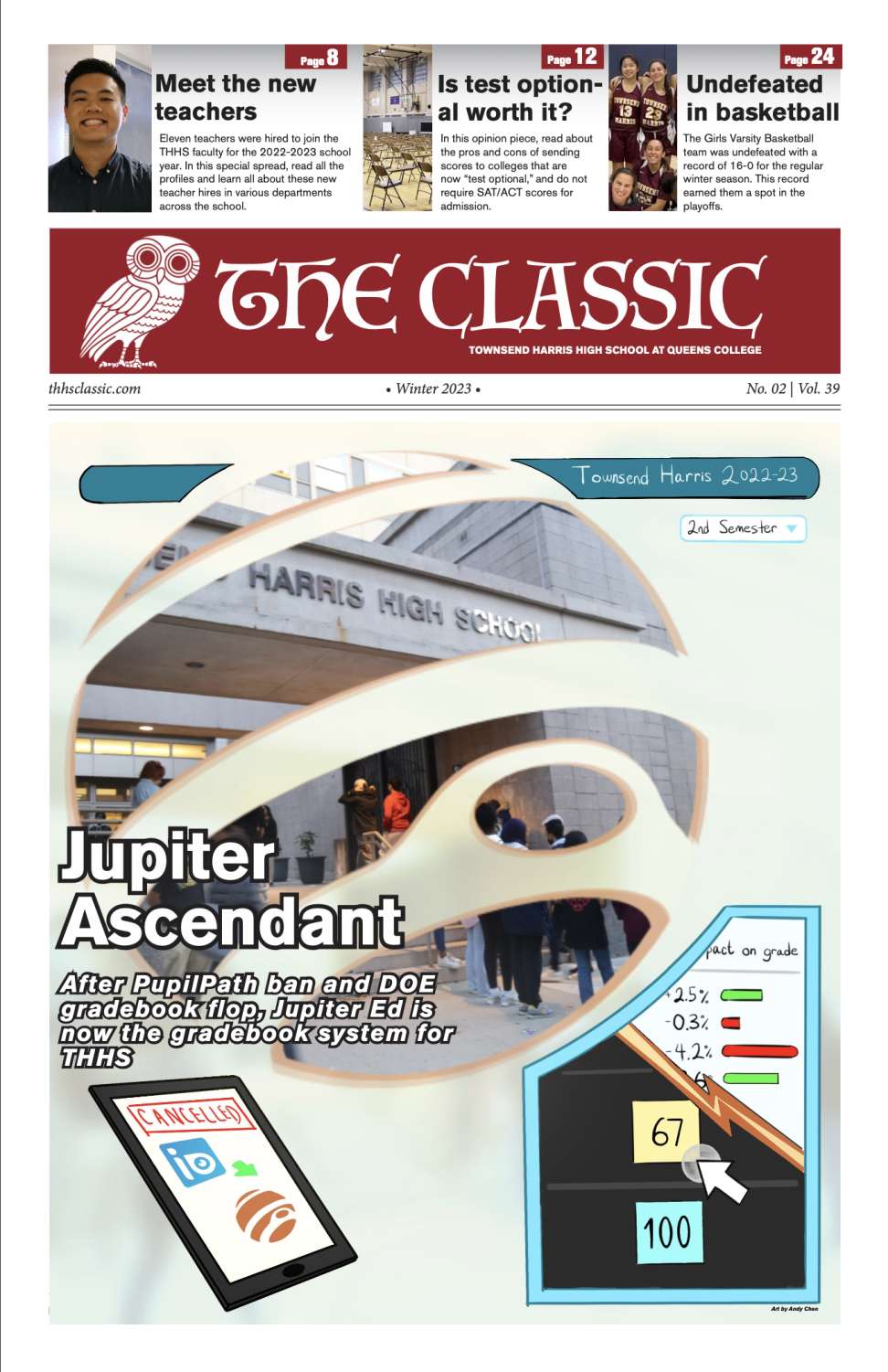
Last Friday during a senior meeting, Principal Brian Condon responded to a letter and petition, which received over 168 signatures, requesting that students have the choice to opt out of the 2021 Advanced Placement exams. Despite the College Board stating that it would not penalize students who cancel AP exams, an FAQ was sent out to the student body on February 10 stating “there is no opting-out of taking the exam.” The senior class swiftly took it upon themselves to demand a change in policy, as Riya Nobi, Kyrah Gomes, and Stacey Roy drafted a petition to the administration. Unfortunately, the meeting ended with more frustration and confusion than was present before it started. As the pandemic continues to create uncertainty and hardship for Townsend Harris students, it is vital that Principal Condon and school administrators reconsider the opposition they have expressed to the petition’s demands.
During the meeting, the administration continued to provide reasons as to why taking the AP exams would be a good idea. Many of the reasons they cited – including that the price for AP credit is cheaper than college classes and that the exam would reward the work students had done over the year – are valid; however, this was not an argument against the point students were making. Students simply requested to have the choice to sit for the exams, rather than making testing a blanket requirement. Furthermore, students have not denied the value of these exams – they’ve simply affirmed that the circumstances in which these exams are to take place should matter, and the voice of each student in these circumstances should also matter.
Additionally, the administration brought up the issue of commitment. If students chose to take AP courses already, should they not feel obligated to follow through with that decision and take the exams? This point was addressed in the petition letter. “When students signed up for AP classes to take this year in spring of 2020, we were largely unaware of the pandemic’s extent,” it reads. “Most students and teachers believed the situation to take AP exams in person would be safe and resolved by 2021.” In a constantly changing situation, it does not make sense to rigidly stick to outdated plans. Flexibility is necessary. The New York City Department of Education constantly altered their plans for in-person learning according to the spread of the virus. Students and families were promised the ability to opt into blended learning later in the year; clearly, the spread of the virus prevented this. How can we allow the DOE leeway on their commitments and not grant the same of students?
Further, the idea that not taking an exam invalidates an entire year’s worth of classes is an oversimplification and perpetuates the toxic obsession with high-stakes exams that plagues our educational system. The value of an AP class is not solely a score on a test or a college credit; it’s in the knowledge gained. Some students may feel they learned something, but not enough to attain a high enough score to receive credit. Others might rather take the intro-level college course, believing they will better learn the material in person. Others may feel prepared for some of their AP exams, but not all. Here again, a case-by-case approach makes more sense.
The comparison that was made between the senior grade and previous years fails to acknowledge the obvious truth: this school year is fundamentally different than any other previous year. Principal Condon made this point during the meeting, and Assistant Principal of Organization Ellen Fee reiterated it in a statement to The Classic, saying, “There hasn’t been an opt-out option at Townsend Harris ever, except in rare extenuating circumstances. These are the values that we have lived by at Townsend Harris since we began our school.” The amount of time a practice has been in place is not itself a justification of that practice. Moreover, if this entire school year is not an “extenuating” circumstance, then what is? Lastly, if one argues that students have a moral obligation to “follow through on their commitments” and take AP exams, the logical conclusion of this line of thinking is that students who wish to opt out have some sort of moral failing or do not sufficiently embody “Townsend Harris values.” To perpetuate this mentality is harmful, insulting, and dismissive of the many valid reasons students might choose not to take exams.
One of these reasons is finances. AP exams cost a significant amount of money at $95 per exam, which stacks for students who take more than one – and over a third of the senior student population takes more than three. While cheaper than college credits, this again depends on the school the student will attend and what scores that institution will accept. Many target schools for THHS students are, for the most part, only open to providing credit for AP results of either a four or five. The reality is that, in the midst of an unprecedented interruption to the learning experience, many students are simply not in a position to succeed on exams in the same manner as previous years. Faced with life-changing personal and emotional hardships due to the pandemic, the hours of preparation necessary to receive the scores required for college credit are out of reach for many students; requiring them to take the test would be setting them up for failure. In addition, some may be experiencing temporary financial difficulties that preclude them from paying for APs this year, but would be able to pay for college classes in the future. Clearly, a case-by-case approach to each student’s circumstances would make more sense.
Lastly, there is the issue of health, both physical and mental. Never before seen numbers of young adults have seen their mental health and security suffer – a recent study demonstrated that suicide attempts among children across the nation has increased, with one hospital reporting a 250% increase in such attempts over the previous October. Much of the senior meeting centered around “school values.” One of Townsend Harris’s self-professed values is prioritizing the mental well-being of students. Allowing for an opt-out aligns with this value. Additionally, as there is still some degree of uncertainty about whether exams will be in-person or online, students and families are rightfully worried about the coronavirus still raging across the country, which has recently branched off into a number of more transmissible variants – one recently arising in New York. Considering the fact that indoor spread is far more prevalent than outdoor spread, taking exams in-person would be uncomfortable and stressful in the best scenario – and in the worst, deadly. It’s important to remember that it is not just us students at risk, however, but family members – including those with underlying medical conditions. It is questionable whether exams should even be administered in-person, let alone mandated.
THHS students are incredibly lucky to have the opportunities we do. When the possibility arose that we would not have AP classes this year due to blended learning, students overwhelmingly switched to remote. However, offering an opt-out would not diminish this opportunity. It would still be there for all students who wanted to take it, which we expect will still be a significant percentage. Even for those who do opt-out, a lack of an exam score will not invalidate the fact that they still took these classes and completed the coursework throughout the school year, which is an accomplishment by itself. These demands come not out of a place of ingratitude and entitlement, but rather from sincere concern and self-reflection.
What the 168 students and counting who have signed the letter are asking for is not radical. It is not for something beyond reasonable expectations. The College Board itself has stated that it will not charge fees for students who choose to cancel exams, due to this year’s “challenging circumstances.” It is disappointing that the College Board seems to value student choice more than our own school administration. The absence of a reasonable explanation as to why our school has deviated from the default policy leaves the impression that this is because the number of AP exams taken by seniors is a critical factor in how schools are ranked. It should not have to be said, but no ranking system should take priority over student and family autonomy.


